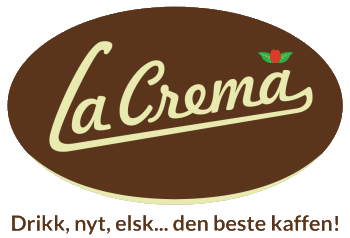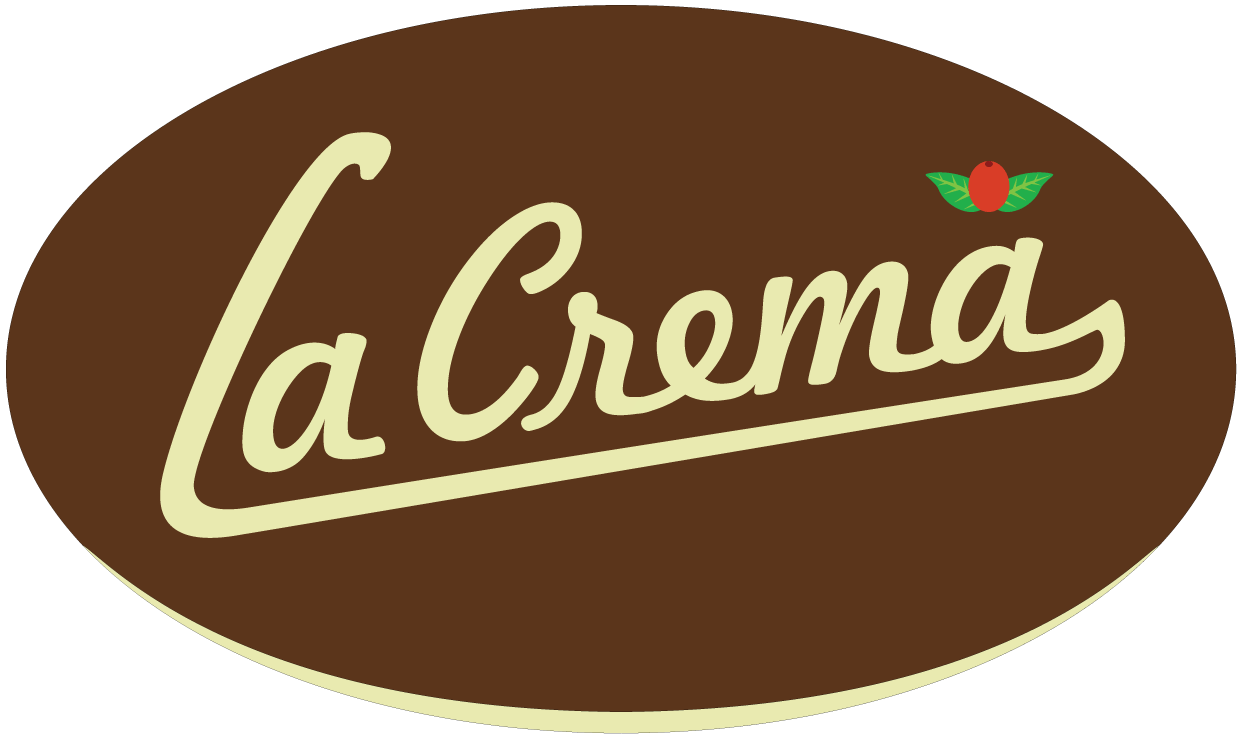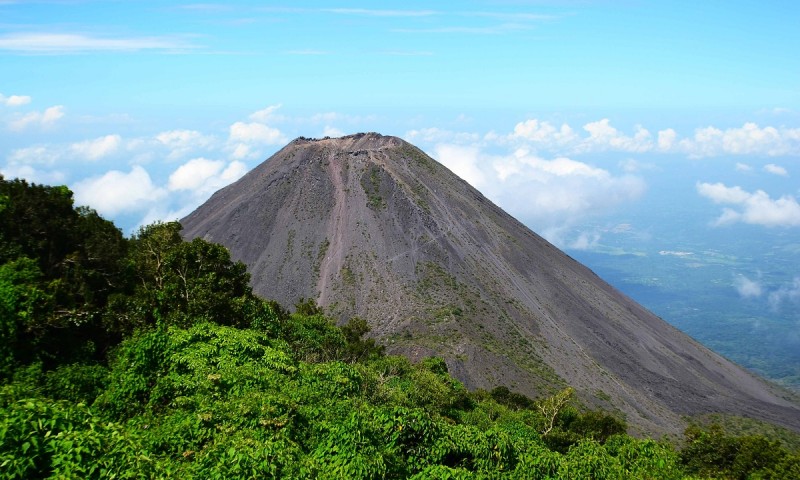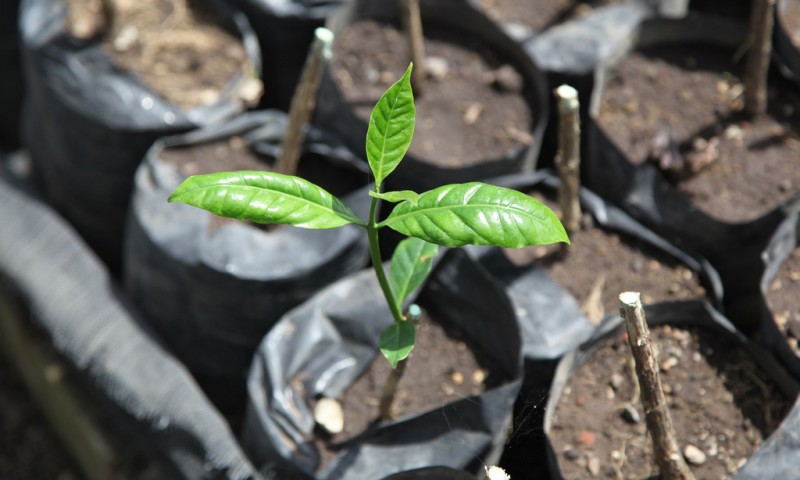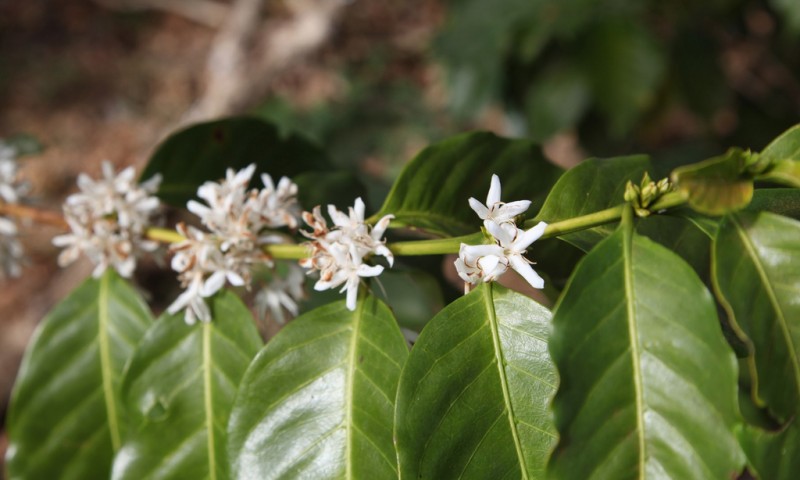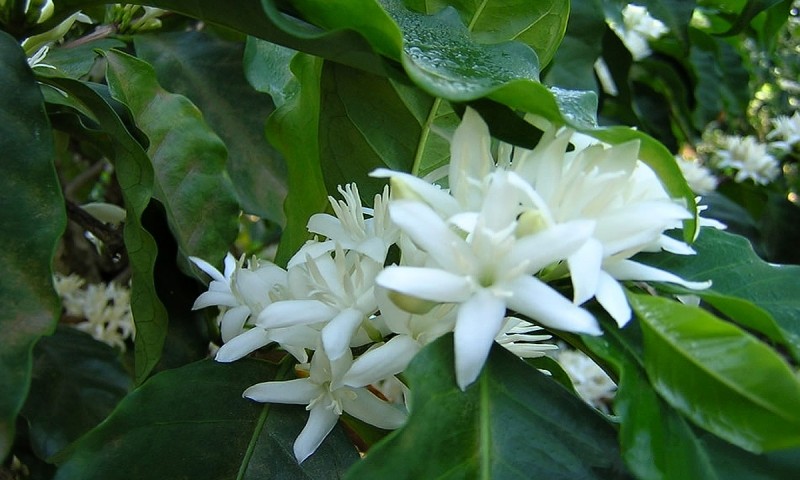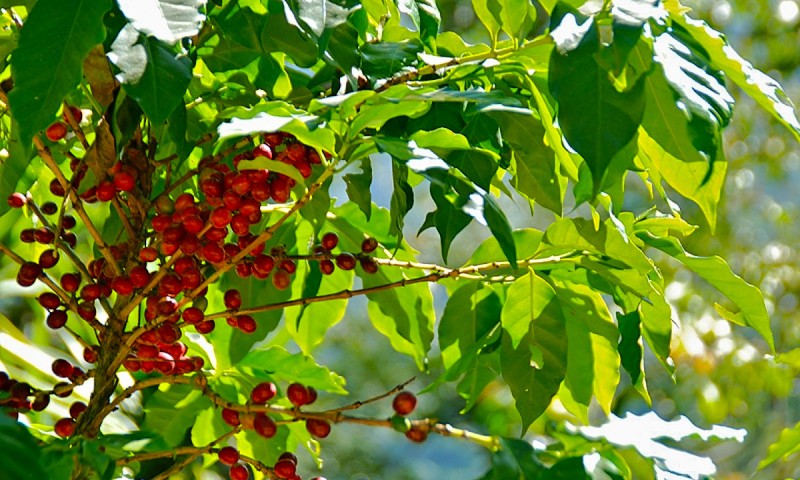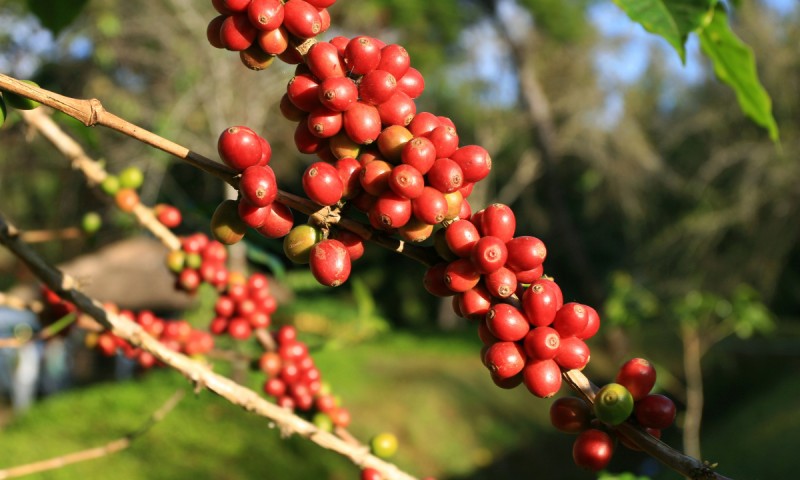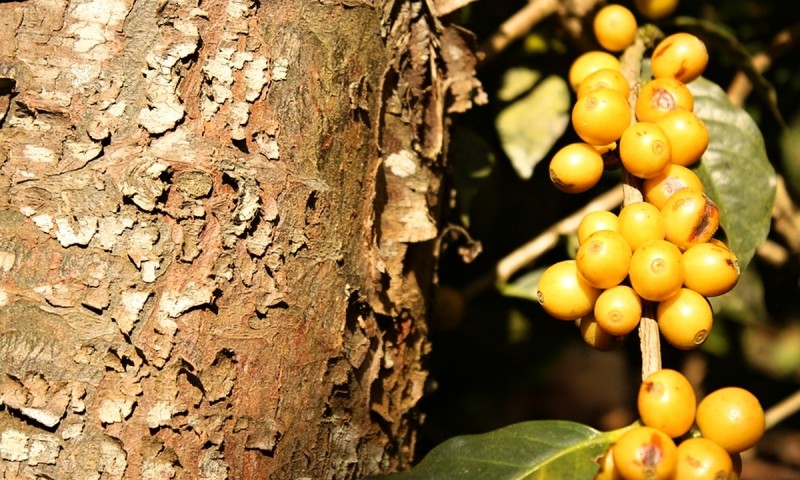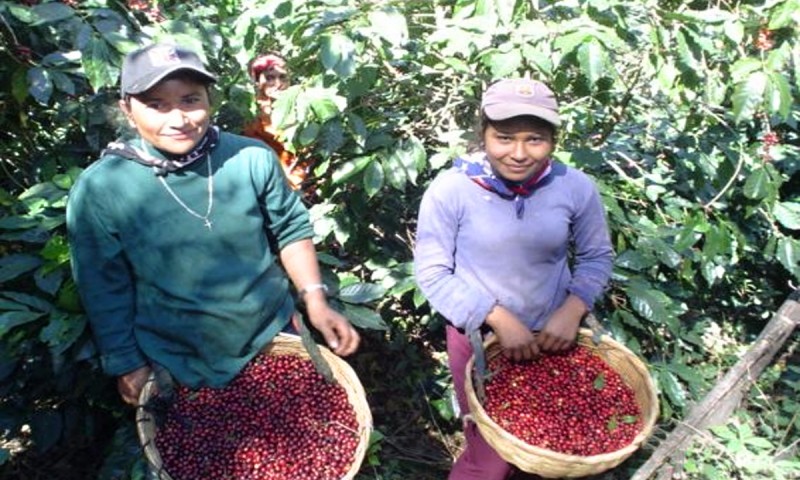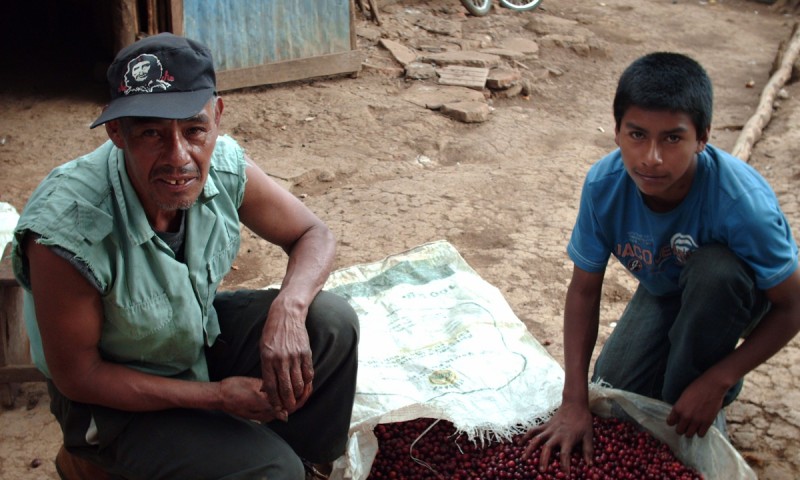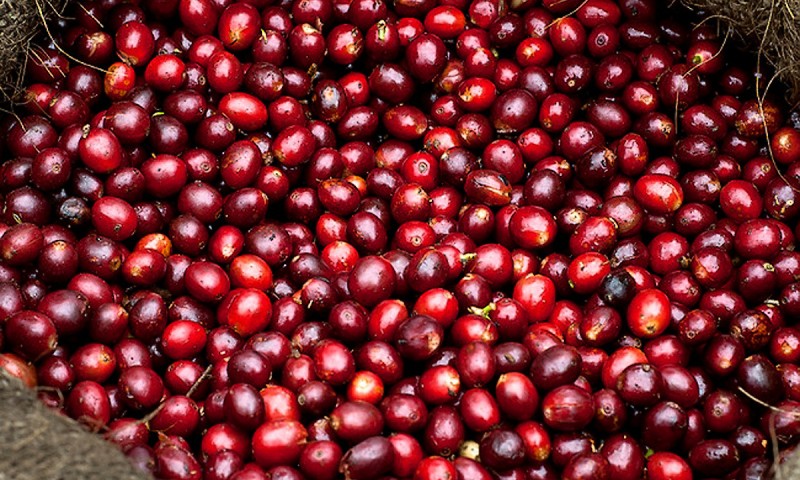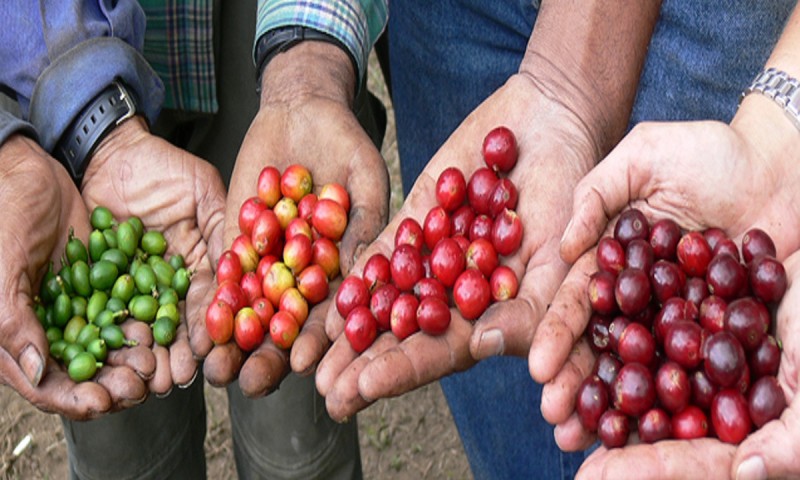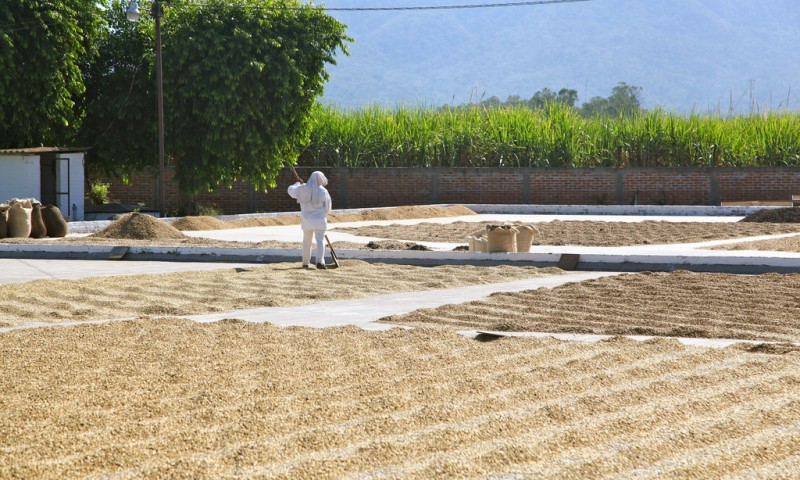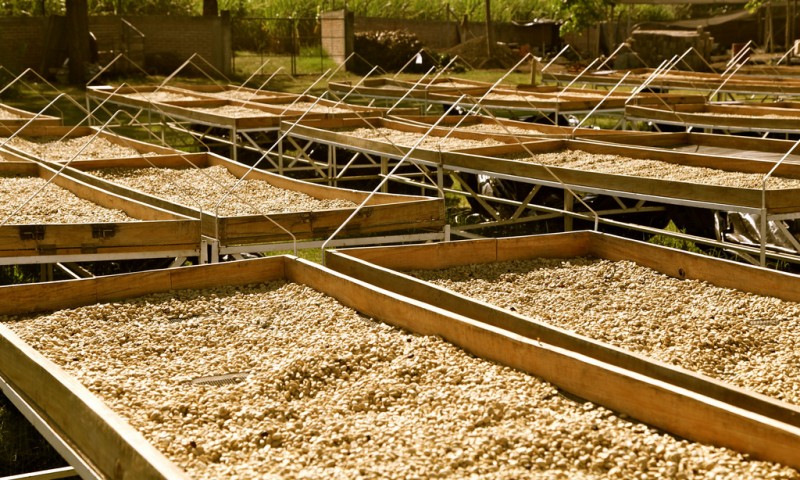El Salvador
Our coffee is, at the moment, fully sourced from El Salvador. This is a Spanish speaking country with beautiful mountains, volcanoes, and a warm and tropical weather. These three last conditions are key to grow very high quality coffee to the point that one of the country’s main exports is coffee. In spite of having a small territory, just 21041 sq. km, El Salvador’s ranking in world coffee exports is 25. It is located in Central America and has many beautiful beaches along the 307 km of coastline in the Pacific Ocean.
Arabica Coffee
El Salvador produces mostly Arabica Coffee, which has 50% less caffeine than Robusta Coffee.
Arabica coffee varieties:
Pacas
Named after the last name of a Salvadoran family who started planting coffee five generations and more than 110 years ago, this coffee derived, probably from a mutation given the new conditions, from high quality San Ramón Bourbon grains. It is very resistant and shows high tolerance to the wind and sun. Pacas coffee grows between 580 and 976 meters over sea level. You will experience a cup with mild aroma and medium body, along with a delicious after-taste and medium acidity. It presents a sweet subtle flavor with a coffee sophistication unlike other coffees. This is one of the bases for the popular exquisite Pacamara variety.
We are proud to have sourced our first great high quality coffee from this well experienced family who also produces other varieties such as Bourbon, Pacamara, etc.
Pacamara
Hybrid between Pacas and Maragogype. You will experience a highly pronounced floral aroma and sweetness with a noticeable chocolate flavor. It presents full body, high acidity and a great after-taste.
Red Bourbon
Initially developed by France (1708), on an island in the Indian Ocean called “Bourbon”, it has broader leaves and bigger cherries than Typica. It grows in altitudes from 762 to 1600 meters above sea level. When brewed, its cup quality has a rich penetrating aroma with floral notes and a sweet and chocolate-like taste. You will feel a full body and an excellent after taste on the tongue. It presents a medium acidity and fine brightness. You will experience a well-balanced coffee with unique attributes. El Salvador is known as the Bourbon Country.
Yellow and Orange Bourbon
A mutation from the red bourbon and highly valued for being rare and unique. This type of coffee gives a balanced experience with its low and harmoniously balanced acidity. If naturally pulped, it presents a fruity discrete acidity and medium body. As the red Bourbon, it is naturally mild, which ensures a silky smooth and delicious coffee.
Tekisic
This is the Salvadoran Bourbon cultivar. Dating back to the 1940’s, it was established as a new variety by the 1970’s as a result of improvement by continuous mass selection. Tekisic comes from the Nahuat tongue “Tekiti” which is “work” and ISIC meaning “Salvadoran Institute for Coffee Research” in Spanish language. It presents a cup quality very similar to the Bourbon variety.
Catimor
Hybrid between Timor and Caturra coffee. It was bred in Portugal in 1959.
Catisic
Result of the Catimor cultivar adapted specifically to Salvadoran terrain conditions.
Catuaí Rojo
Cross of Mundo Novo and Caturra cultivars, it has a very refined and clean acidity.
Sarchimor
Hybrid between the Villa Sarchi and Timor variety, it has good aroma and citrus, honey and caramel flavors.
Castillo
Hybrid derived from Catimor variety.
Positive impact of coffee in the environment
Coffee states (coffee growing regions best known in El Salvador as “fincas”) provide a home for local and migratory species such birds and frogs; it also helps to preserve the flora and fauna. Procafe, the Salvadoran Foundation for Coffee Research, states that, every hour, coffee forests add 500 m3 of water to the groundwater.
Coffee Grading and Classification
Real quality coffee means that it has been carefully selected from the seed to be planted to the beans to be roasted up to the cup where it is tasted. High quality coffee has followed a rigorous process which allows it to be highly traceable. It involves a set of steps where raw beans are all hand sorted to remove any defective bean and foreign material.
The top three quality standards
Specialty Grade or SG and Gourmet: indicates that it must exist zero primary defective beans and foreign matter (pebbles, etc.) from a given amount of green coffee beans while scoring 80 points or above in cup evaluation in a 100 g roasted sample.
European Preparation or EP: allows up to 8 defects per 300g of beans (2.67%).
American Preparation: allows up to 23 defects per 300g of beans (7.67%).
Altitude Classification in El Salvador
Central Standard or CS: Coffee grown between 600 to 800 meters above sea level.
High Grown or HG: Coffee grown between 800 and 1,200 meters above sea level.
Strictly High Grown or SHG: Coffee grown at 1,200 meters above sea level and higher.
A combination of higher altitude and lower temperature means a slower maturing fruit and produces denser beans which result in a more desirable speciality cup.
Single Origin Coffee
Coffee beans coming from one area of one country.
Single Estate Coffee
Coffee beans coming from one single coffee farm from a specific country.
